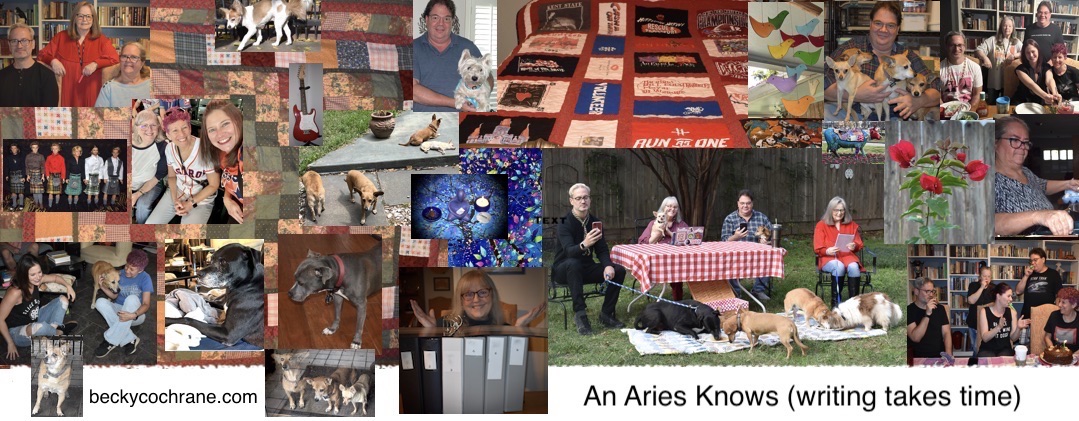
“‘What’s the worst thing you ever did, Miss Bonnie?’ he asked.
She shook her head and said, ‘Oh, no, I could never tell you that.’
‘How bad could it be? You didn’t get to be such a sweet old lady by having a past of misdeeds.’
She pleated, smoothed out, and repleated her apron, then said, ‘It was really bad. The worst thing. I knew it when I did it, and I know it now.’
‘Now you have to tell us,’ one of her granddaughters said, scooting closer to Miss Bonnie on the porch swing.
He could never tell them apart, all these girls with their coal black hair and dark eyes. He suspected Miss Bonnie had looked a lot like them when she was young. She must have had dozens of suitors swarming around her. Had she had a long-secret tryst with one of them, he wondered.
‘It was the summer of rain,’ she began softly. ‘All anyone talked about were the levees. Would the levees break on the Arkansas side? Would the levees hold on our side? Through long nights when it wasn’t raining, but they knew the rain was coming back, you could see campfires all along the banks. The men would sit up, telling stories, drinking and smoking, always watching the levees. As if watching could ward off what disaster might be heading our way. That was also the summer Mama and my sisters and I stayed with Grandfather Harper.’
‘That would have been Roy Wilson Harper,’ someone said. ‘He was in the state legislature for decades.’
‘He didn’t like Mama, didn’t like that she’d married his firstborn son, and he didn’t like us. He called Mama the Spaniard. We didn’t know why. She was born and raised in Valdosta, Georgia, but he had it in his head she was foreign. Even then–I believe I was eight that summer–though I might not understand all his cuts and digs, I understood his tone. I determined to get back at him.’
She stopped and looked around at everyone’s expectant expressions, then covered her face with her hands for a minute. Finally she dropped her hands and took a deep breath.
‘I knew it was bad, I did. He was so proud of his library, with all his law books and history books. He had books full of old maps and photographs. Many were leatherbound, and the rarest of his collection he kept behind glass and locked up. I knew where he put the key. Each night, after everyone was gone to bed, I slipped down to the library. I took the key, unlocked that bookcase, pulled a book from the shelf–it didn’t matter which one. I then found another book of similar size to fit in the space. Finally, I relocked the bookcase, replaced the key, and crept into the night with my selection. I could walk without a sound and find the campfire where conversation had faltered. If I heard snoring, I’d slowly move among the sleeping men until I was right up to the campfire, and without even a second’s hesitation, I’d drop that book right on those flames.'”
I take photos. I write. My volunteer job is taking photos of rescued dogs and cats transported by the rescue group whose records I manage. Since working and volunteering don’t leave me a lot of time to write, I’m spending 2017 borrowing from what these dogs and cats are writing. They said it’s okay.
